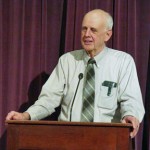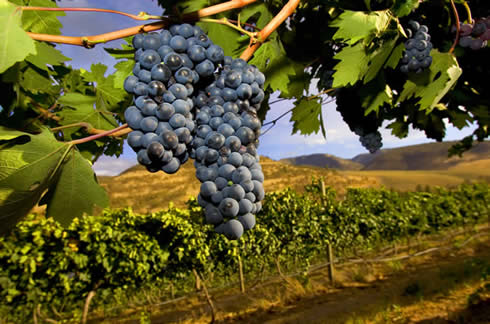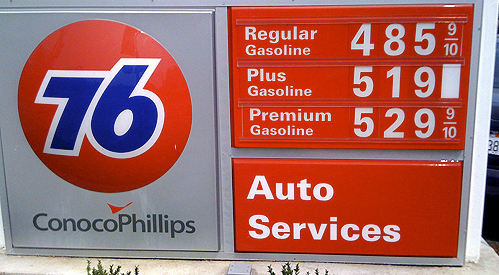My pastor, Bob Henry, read this wonderful blog post this morning at Silverton Friends Church. The post is called “The Hill” and it was written by Mike Huber, pastor of West Hills Friends, a Quaker meeting in Portland. The blog post reminds me of something Wendell Berry wrote in a poem called “How To Be a Poet (to remind myself)”: There are no unsacred places; there are only sacred places and desecrated places. The apostle Paul says followers of Jesus... Read more
















